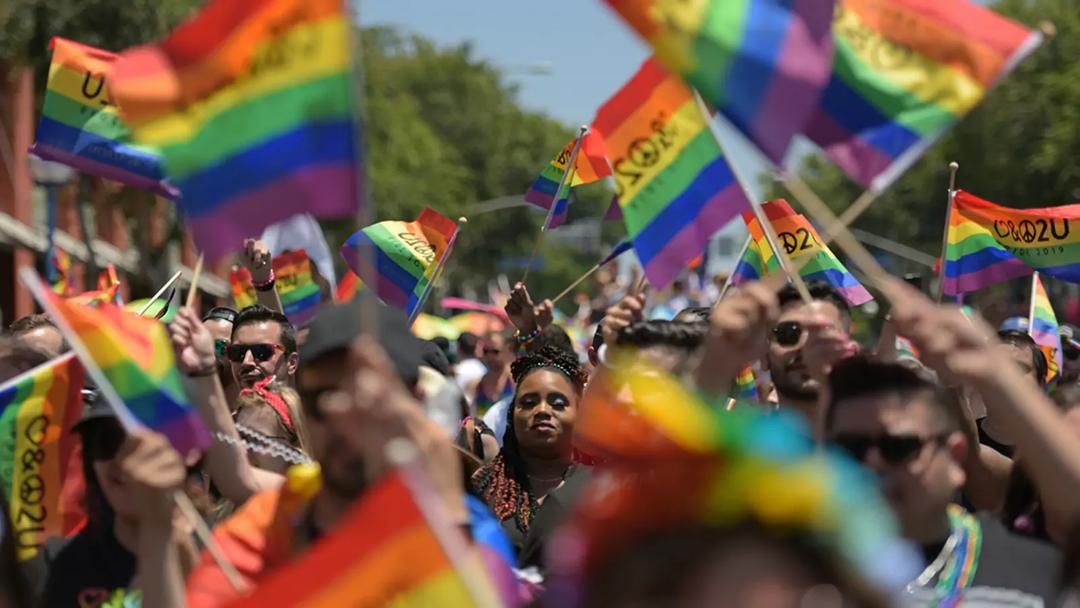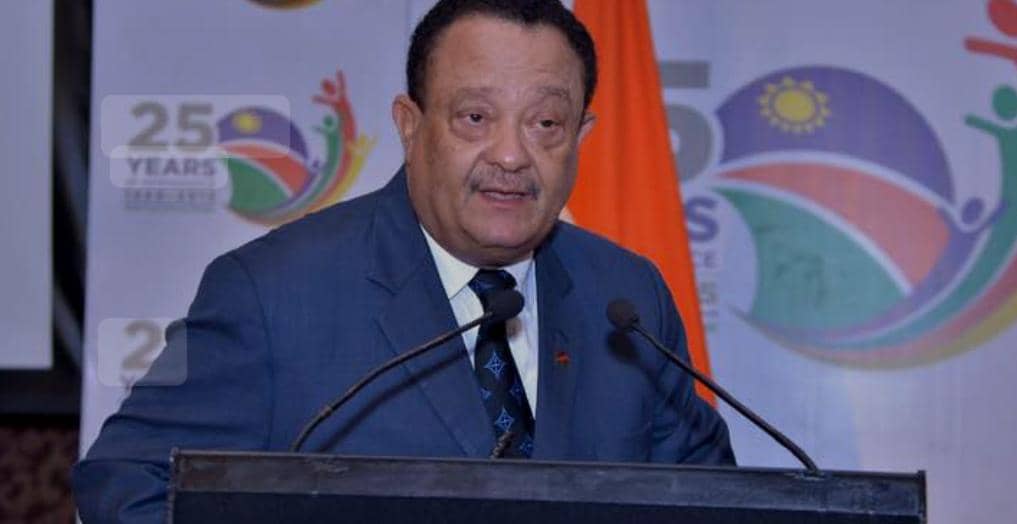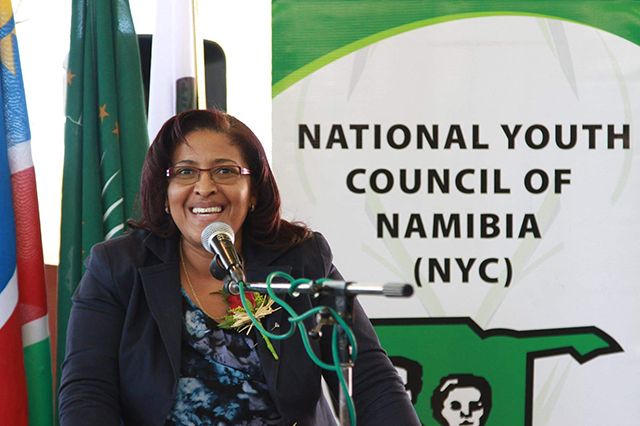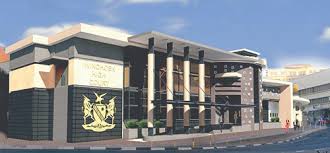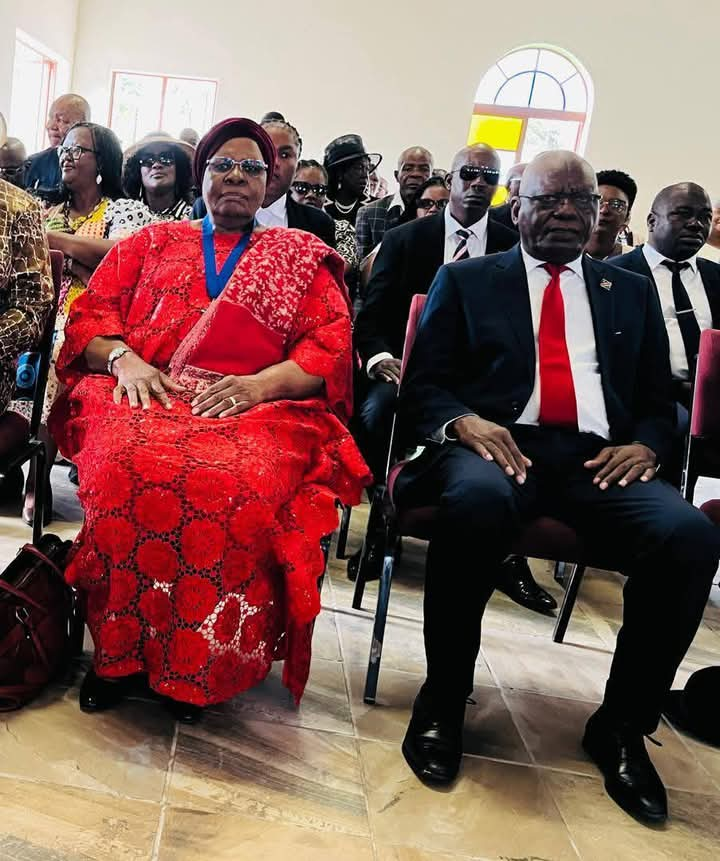International Day Against Homophobia, Biphobia and Transphobia (Idahobit) will be observed on Friday.
The Joint United Nations Programme on HIV-AIDS (UNAIDS) is calling on all governments to protect the human rights of the lesbian, gay, bisexual, transgender, queer, intersex and other (LGBTQI+) community through this event.
UNAIDS research shows this is essential for protecting public health, since it enables inclusive and equitable access to healthcare services without discrimination.
The movement for human rights for all has made important progress, UNAIDS says.
For example, at the start of the AIDS pandemic, most countries criminalised LGBTQI+ people, but now two thirds of countries do not.
However, more than 60 countries still criminalise the LGBTQI+ community, while another 20 criminalise gender expression and identity.
“Stigma, discrimination and criminalisation can be lethal,” says UNAIDS executive director Winnie Byanyima.
“In response to HIV, we learned that a human rights-based approach is critical . . . Countries must remove these discriminatory criminal laws and introduce legislation which protects rights if we are to end AIDS as a public health threat for everyone,” she says.
Discrimination, violence and criminalisation force many LGBTQI+ people underground and away from healthcare services.
As a result, men who have sex with men and transgender people are more affected by HIV.
In sub-Saharan Africa, men who have sex with men in countries where this is criminalised are five times more likely to be living with HIV.
As a recent Lancet Commission report demonstrated, violations of human rights have multiple damaging impacts on public health.
Strict anti-LGBTQI+ laws have also been associated with a lack of knowledge about HIV testing and statuses.
“The most basic things are still too far out of reach because of the discrimination, stigma, and violence people face every day,” says ILGA World co-secretaries general Luz Aranda and Tuisina Brown.
“This is why they are rallying behind the urgent cry ‘no one left behind: equality, freedom and justice for all’, reminding us of the importance of rejecting discriminatory laws, policies, and attitudes,” they say.
UNAIDS calls on all states to repeal such laws and to introduce legal protections against discrimination on the basis of sexual orientation.
UNAIDS, the World Health Organisation, the United Nations Development Programme and the Global Commission on HIV and the Law have made the same recommendations, as have the Office of the United Nations High Commissioner for Human Rights and several other United Nations agencies.
UNAIDS stands with LGBTQI+ communities everywhere who are facing hate, discrimination and marginalisation, and calls for an end to their criminalisation.
Stay informed with The Namibian – your source for credible journalism. Get in-depth reporting and opinions for
only N$85 a month. Invest in journalism, invest in democracy –
Subscribe Now!




